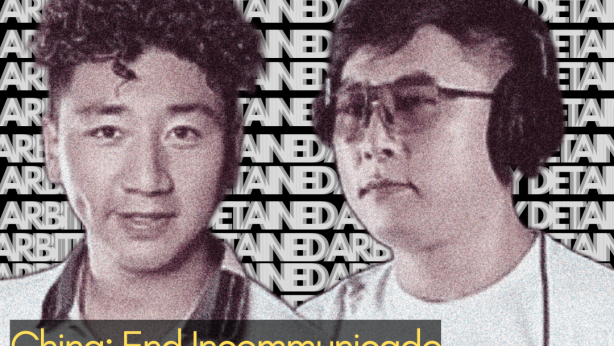Dissenting Voices: The State of Expression in Tibet
The Tibetan Centre for Human Rights and Democracy (TCHRD) has released a new report today in its Dissenting Voices series, documenting the intensifying crackdown on freedom of expression and information in Tibet under President Xi Jinping.
Since Xi Jinping’s meteoric surge to power, the Chinese government has pursued an increasingly repressive strategy aimed at consolidating its authority and silencing independent voices. Over the past decade, China has exponentially curtailed the rights to freedom of opinion and expression, establishing an environment of pervasive surveillance, censorship and systemic repression.
This report details how China’s authoritarian regime has deployed an expansive surveillance apparatus, weaponizing legal frameworks such as the Cybersecurity Law and the National Intelligence Law to monitor internet activity, criminalize dissent, and enforce the state’s narrative. Real-name registration requirements and the systematic collection of personal data have effectively eradicated online anonymity, leaving Tibetans vulnerable to severe reprisals for expressing dissenting opinions. These measures not only stifle free expression but also facilitate complete erasure of cultural practices and forced assimilation.
In the past decade, influential Tibetans including artists, singers, writers, and thought leaders, are systematically persecuted for their extensive scholarship on Tibetan language, culture and literature. Many of these figures have been subjected to arbitrary detention, enforced disappearances, or imprisoned under vague charges, highlighting the Chinese government’s intent to silence any form of cultural or intellectual resistance.
Dissenting Voices: The State of Expression in Tibet provides a comprehensive analysis of the legal, political, and technological mediums used by the Chinese government to enforce its authoritarian rule. Download the full report here.


